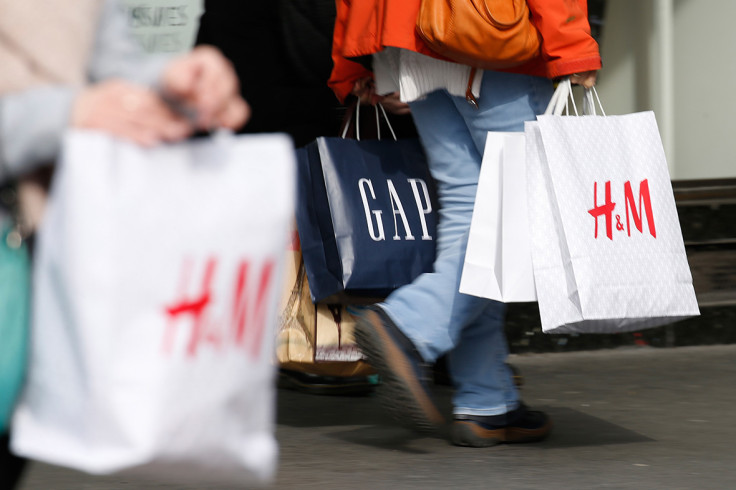UK consumer confidence edges down on job concerns
YuGov/CEBR consumer confidence index falls to 109.3 in March from 109.6 in February.
Fears over job security caused a slight fall in UK consumer confidence in March, a fresh survey has suggested.
The YouGov/Centre for Economic and Business Research (CEBR) consumer confidence index fell to 109.3 from 109.6 in February.
The fall came against a backdrop of increasing inflation and the confirmation that Article 50 of the Lisbon Treaty will be triggered on 29 March to begin the Brexit process.
A score above 100 means more people are optimistic than pessimistic.
Four of the eight underlying measures of the index decreased over the past month, with consumers' assessment of job security falling to its lowest level since September.
The poll, compiled from over 6,000 interviews, also revealed that consumers were more confident over housing values, with the sub-index rising to its highest level since last June.
"While this month's consumer confidence figures follow the same slight decline we have seen over the past few months, it is remarkable how resilient the numbers are," said Stephen Harmston, head of YouGov.
"However, we are beginning to see some negativity coming into view, most notably when it comes to job security. With inflation creeping up, household finances will come under greater pressure over the coming months.

"Despite the figures holding up, it is undeniable that across the board things have not regained the ground lost in the immediate aftermath of the decision to leave the EU."
CEBR director Scott Corfe added: "This month's consumer confidence data is a real mixed bag, probably reflecting the slightly jumbled economic conditions we are currently seeing.
"For many consumers, the positives and negatives are currently balancing each other out, but this could change. Should inflation continue to rise, household finances – steady at the moment – could start to weaken in the months ahead."
Data released by the Office for National Statistics on 21 March showed that the UK inflation rate advanced to 2.3% in February from 1.8% in January – above the Bank of England's 2% inflation target.
© Copyright IBTimes 2025. All rights reserved.






















